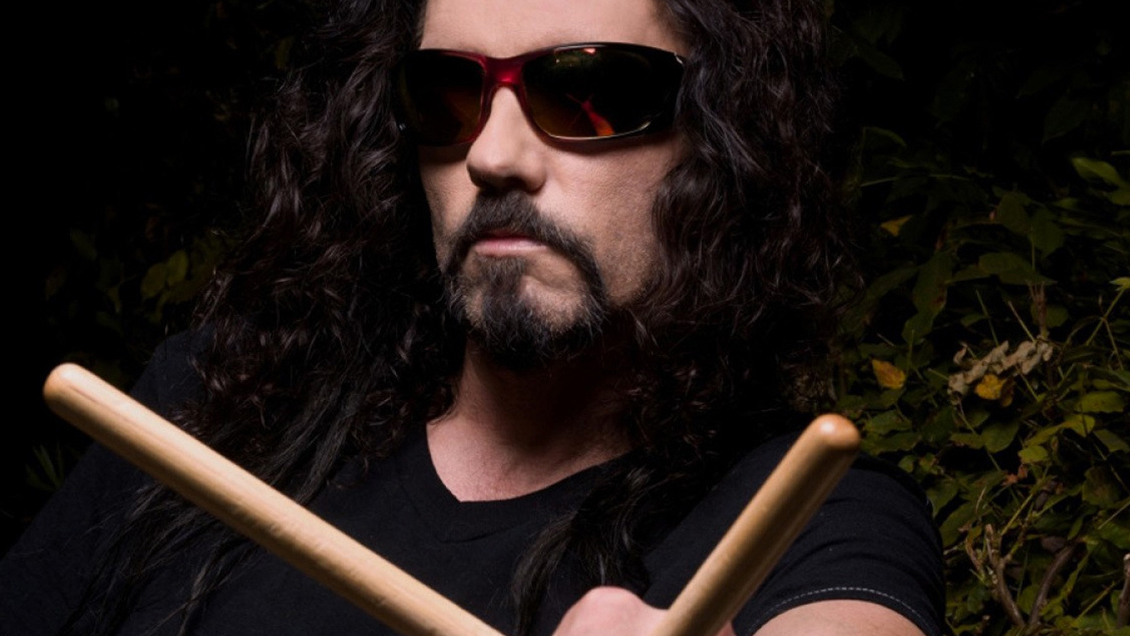Nick Menza reflected on the Rust In Peace sessions for his former band Megadeth in what is believed to be his final interview.
The late drummer says that the 1990 record possessed a “raw energy” because the band recorded it in the studio live – hinting that 1992’s Countdown To Extinction had less impact because they chose to overdub pre-recorded instruments instead.
He tells The Wave NW: “We rehearsed Rust In Peace for a year, then we went into the studio and we cut it live. There’s no click track on that record – it’s really raw and has a lot of energy.
”Rust In Peace is the milestone album, because it’s not using the click, it’s about being tight. You’ve got to go into the studio and be prepared.
“The next record, Countdown To Extinction, is done to click and it’s overdubbed. It captured the energy live, but nothing like Rust In Peace.”
He continues: “Using the clicking track puts the ‘overhead’ on – the governor – which only lets you break out into a certain energy field, where you can’t get crazy the way you would live.
“If you play to a click, it’s done. You’re done. The energy stagnates and gets sterile and I can’t even sit through that. It’s not gonna happen. If you go in and write the songs on the spot, then you don’t really play what occurs naturally, if you play it a 1000 times.”
- Megadeth ex-members invited to Nick Menza benefit show
- Nick Menza: Obituary
- Former Megadeth drummer Nick Menza dies aged 51
- Megadeth ex Nick Menza was great friend says Dave Mustaine
Menza also hails the “magic” of full band jamming sessions, saying they help give the record a “human side” which is often sacrificed through the overuse of modern technology.
He adds: “Real jamming when people play together and it’s tight, it’s got to have fluctuation – some kind of human side, especially in metal.
“We’ve come so far in technology, with the sound, but everyone has the same sound – kind of mashing together, and there’s no clarity on which band is what.
“They’ve got the same guitar sounds – huge drums, huge bass, huge production – and it’s lacking the song content that comes from guys playing in a room together at the same time.
“In the studio, stuff occurs naturally when you’re playing and shit just happens. The magic, the mojo happens, that some of these new bands are lacking.
“I call them virtual bands because they’re sending files back and forth over the computer. When I hear that kind of music, I go, ‘Next song. Next band.’”
